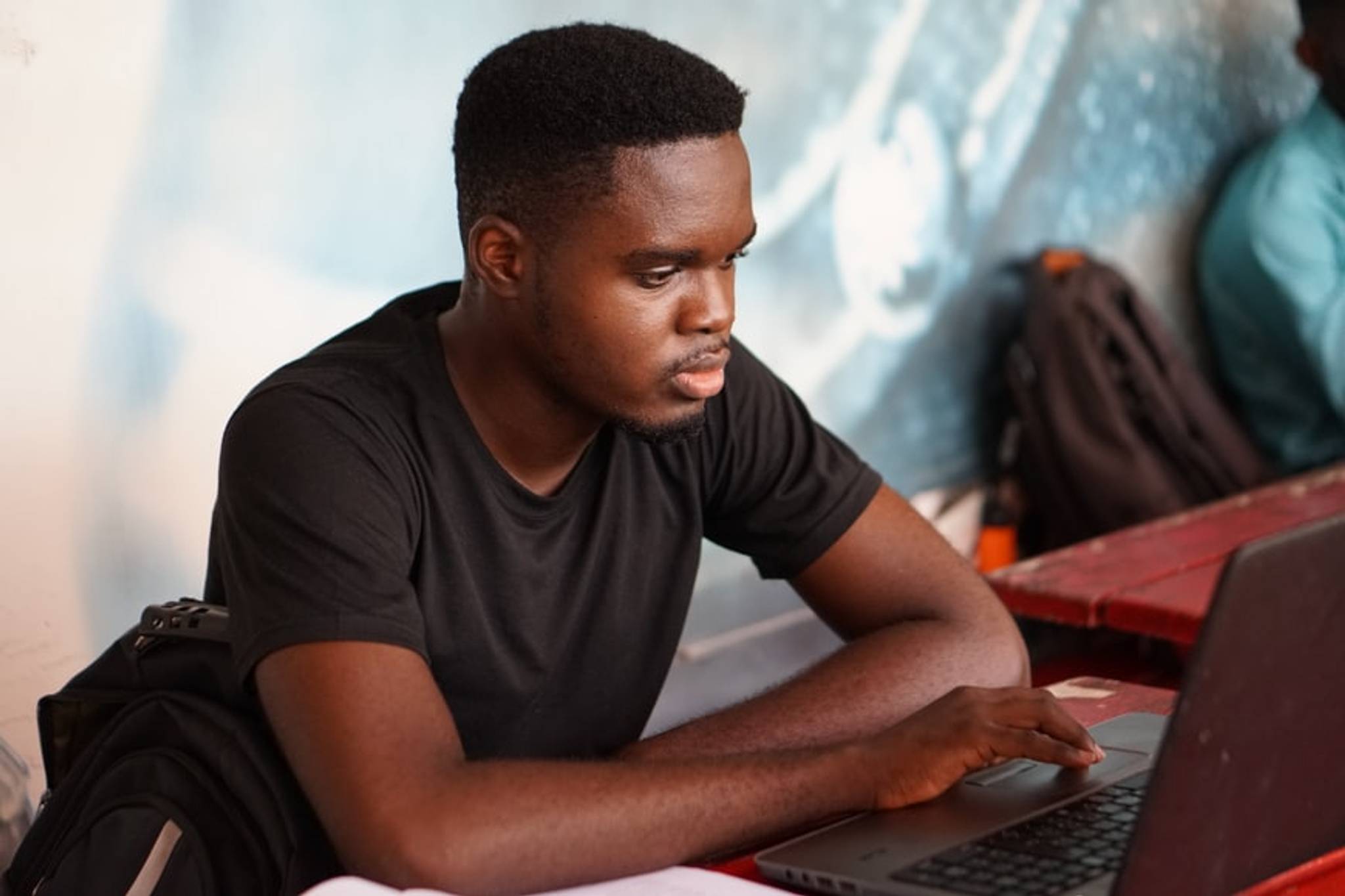
Across the globe, people are opting out of traditional education routes and are reframing learning opportunities to work with their lifestyles – not the other way around. How is this mindset disrupting old-fashion education systems? And what can be done to better engage future learners?
Traditional academics might cast a snide glance at a university course on the life and career of Harry Styles – but that’s just what Texas State University has announced it will be offering its students from spring 2023. The course, entitled ‘Harry Styles and the Cult of Celebrity: Identity, the Internet, and European Pop Culture’, is set to explore a range of political and cultural issues – from gender and sexuality to race and internet culture – all through the lens of the pop icon’s rise to global fame.
The brains behind the offbeat class, Dr. Louie Dean Valencia, was inspired to develop the program after realising how well it would resonate with his students. “I can’t tell you how many conversations I’ve had with students over the last two years that started with a shared love of Harry’s music, but that quickly went into larger societal questions about gender, sexuality, race, gun control, and sustainability because of Harry’s art,” he told CNN.
Education is undergoing a rethink by many institutions as they attempt to keep up with the times and stem the tide of scepticism around higher learning. In the US, public opinion on the value of a college education is varied – around 70% of Democrats say that it’s ‘definitely’ or ‘probably’ worth pursuing, compared to just 53% of Republicans and 52% of independents. And across the pond in the UK, the outlook is even bleaker. A 2022 YouGov poll found that only 4% of people believe a university degree is the best way for young people to prepare for the future when compared to apprenticeships, or a combination of both.
So what alternative paths are young people taking to forge a future in the world of work? And what’s being done to update archaic education systems, making them a more attractive prospect for future learners?
Against the backdrop of uncertainty around education, universities, schools, and brands are beginning to offer learning opportunities that will better prepare students for employment. The UK government, for instance, has launched a qualification that emphasises skills-based learning and industry placements. Coined ‘T Levels’, the programme has been developed to help 16- to 18-year-olds build their technical skills and improve their awareness of possible career options. The XP School in Doncaster, UK, is also shaking up the education system with an unconventional approach to teaching. There are no uniforms in sight, traditional subjects are abandoned for interdisciplinary ‘expeditions’ based on real-life issues, and pupils don’t even have to stay in their classrooms with open-plan study spaces accessible throughout the school day.
In the US, much like the country itself, the education system is fractured along political lines. This has led to the emergence of institutions like The University of Austin, which has been formed as a reaction to the ‘wokeness’ of college campuses by teaching ‘Forbidden Courses’ on controversial topics. With education splintering and young people questioning the path to student debt, higher education institutions in America have lost nearly 1.3 million students since March 2020. As such, alternative courses are emerging to attract a new wave of learners. Penn State’s Smeal College of Business, for example, is offering a master’s course on supply-chain risk management. Meanwhile, edtech platform Maven is enabling influencers to monetise their skills by helping them develop educational courses on niche topics such as cryptocurrency.
In India, with higher education dropout rates among poor and marginalised students as high as 60% in some places, and with courses taught almost exclusively in English, action is being taken to make the system more accessible. The government has begun promoting courses in Hindi, Marathi, Tamil, and other major local languages to appeal to those with limited English-language exposure. And for those seeking alternative pathways outside of traditional institutions, a wave of countercultural start-ups is sweeping the country. The Masai School, for instance, runs 30-week training programmes on web development for 18- to 28-year-olds – preparing students for the world of work and challenging higher education as the gatekeeper to professional employment.
Just as Dr. Valencia’s class on Harry Styles epitomises modernisation, change, and educational relevance in today's cultural landscape, engaging prospective learners on topics that matter to them is key to disrupting old-fashioned models. “I realised students were really interested in getting to know the world around them, grounded in a conversation about someone they felt they grew up with,” he says. “Overwhelmingly, the reaction has been fantastic… I’ve gotten so many requests from people all over the world to know more about the class.”
Be it through engaging previously fenced-out students, preparing people adequately for their future careers, or even the in-depth study of cultural icons – governments, schools, and start-ups are beginning to dismantle outdated and inaccessible education systems and develop inspiring and inclusive study opportunities for modern learners.



